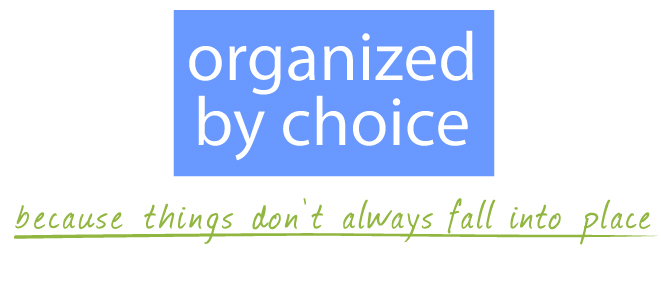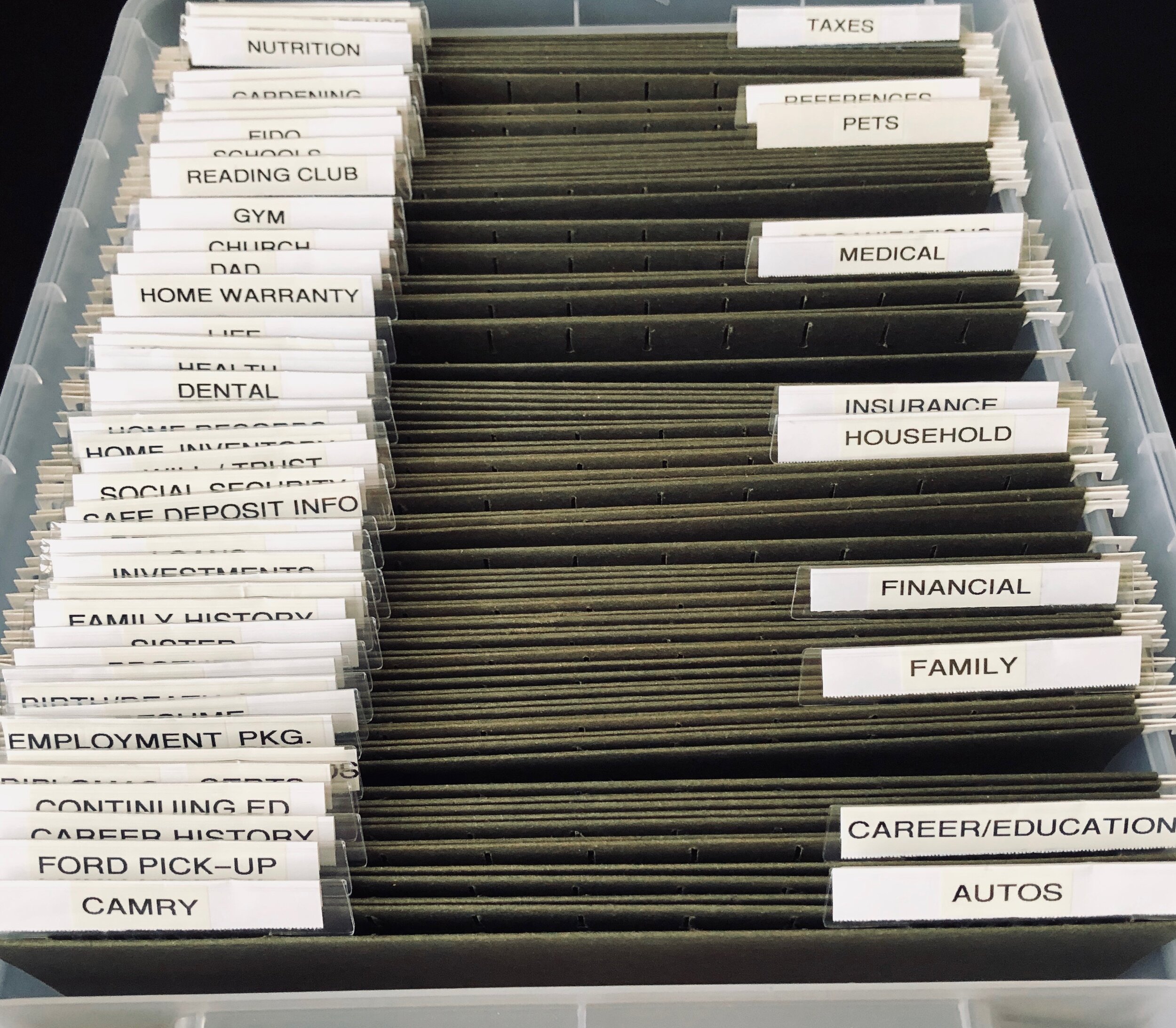Last night a former classmate popped up on Facebook’s “People You May Know.” Wow—I couldn’t believe how much time had passed since I had seen him. He got old!
Do you ever feel that way about things you discover in your pantry? Something you purchased for a holiday recipe, or unnecessarily stocked up on. Stuff gets pushed to the back as new things are added. Deep shelves and corners are famous for aging groceries. "Suddenly" they're old!
If your pantry is in need of some TLC, here are three Timely Tips to restore order and make it user-friendly.
Timely Tips for an organized pantry
Photo by Organized By Choice
1. PURGE & SORT
Clear off the kitchen table or a large countertop.
Shelf by shelf remove your pantry’s contents. As you do, check expiration dates and toss outdated items.
Donate usable, but not enjoyed by your family, non-perishable items to the Community Food Bank.
Group like items into categories: baking, spices, pasta/rice/dry beans, condiments, oils and dressings, beverages, breakfast foods, snacks, sweets, paper supplies, crackers/chips, canned foods (further sort into fruits, vegetables, sauces, soups, beans), pet food, cookbooks, appliances, etc.
Vacuum and wipe out the empty shelves.
Photo by Organized By Choice
2. Create Homes
Containerize loose items when possible using bins or baskets for snack items, pastas, rice, coffee pods, tea, etc.
Use turn tables for oils, vinegars, and sauces. These are great for hard-to-reach corners, too.
Pour flour, sugar, nuts, coffee, etc. into clear airtight storage containers. This will create order on the shelves, keep things fresh, and enable you to see quantities, so you know when to restock.
Use can rack organizers or three-tier cabinet organizers for canned goods. Position cans with labels facing forward.
Place items on shelves in the categories you created--like with like.
Put the categories you use most often on the shelving that’s easiest to reach.
Designate a section of approved snack items at a level kids can access.
Add free-standing wire shelves or under shelf baskets to maximize vertical space where needed.
Add space with an over the door pantry organizer rack.
Store heavy items under or on the bottom shelf.
Label containers and the front of shelves so it’s clear where everything belongs.
Check Pinterest or Google “pantry organizing images” to see these products and more.
Photo by Organized By Choice
3. Maintain
Unpack groceries and supplies right away and place them in their designated homes. Storing things in grocery bags makes them invisible and increases duplicate purchasing.
Use the “first in, first out” rule and place new items in back of the older ones.
Avoid “buy two get three free” sales or Costco quantities, if you don’t have the space for it.
Store a fold-up step stool in the pantry to insure easy access to top shelves.
Organizing isn't a "one and done" activity. Schedule a day at least twice a year to repeat this process.
Comical Words
1. Open Fridge. Nothing to eat.
2. Open pantry. Nothing to eat.
3. Lower standards and repeat.
-Author Unknown


















































